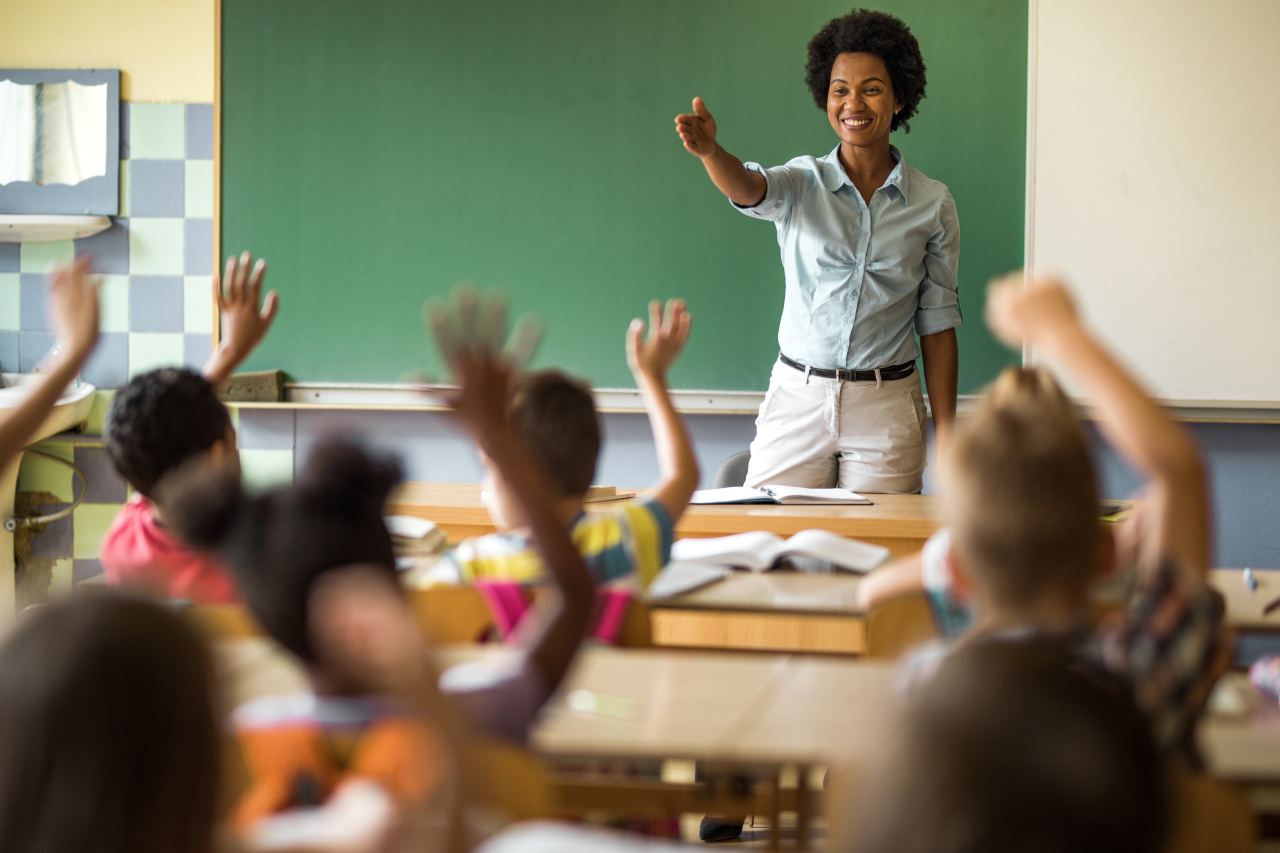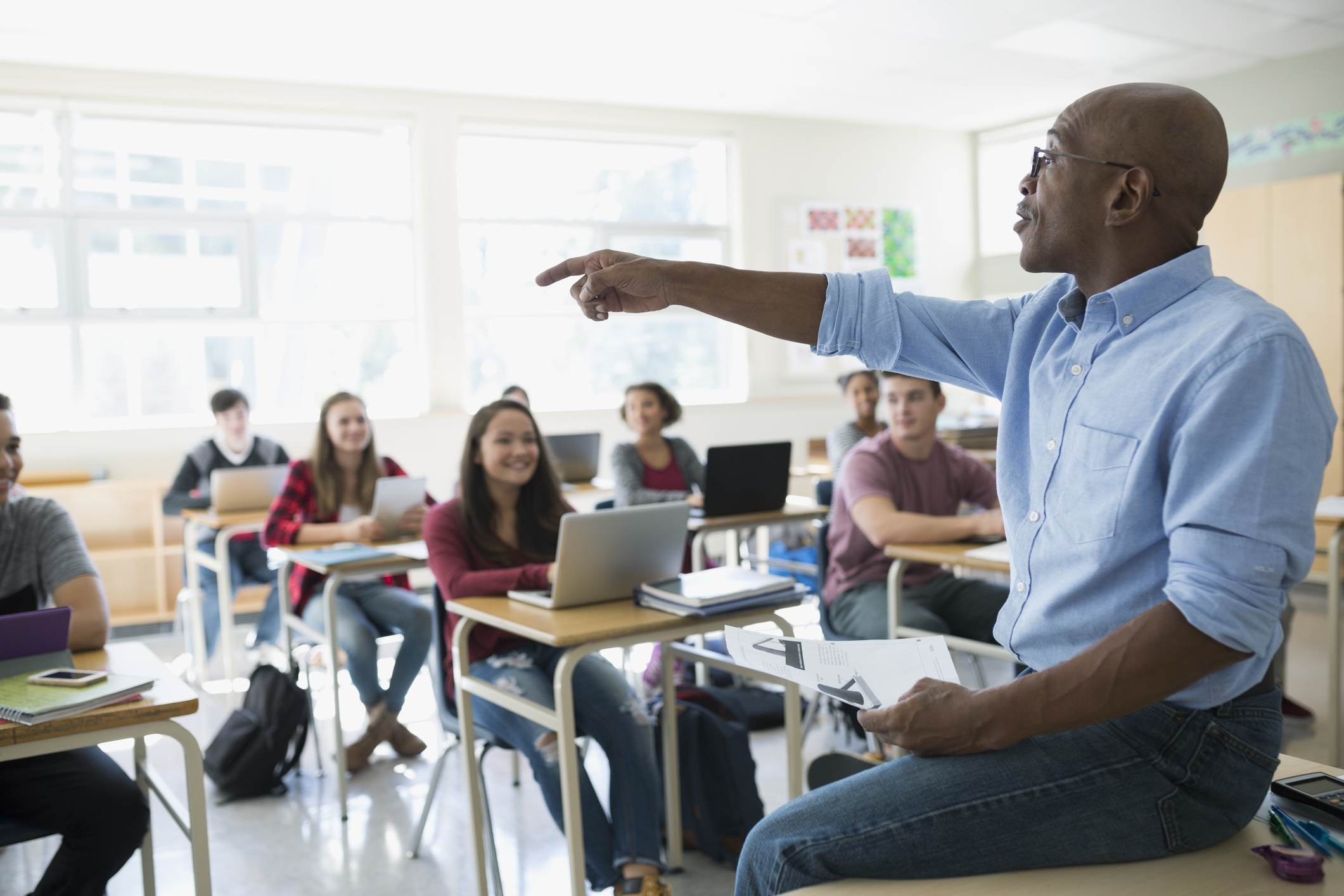Find the Best Primary Science Tuition Singapore for Enhanced Learning
Wiki Article
Discovering the Various Mentor Approaches in Key Scientific Research Education And Learning Today
Inquiry-based learning, hands-on experiments, and the integration of innovation are redefining exactly how instructors engage young minds. In addition, collaborative approaches and distinguished direction are being used to provide to the varied needs of pupils, improving both involvement and understanding.Inquiry-Based Discovering
Inquiry-Based Knowing (IBL) is a pedagogical strategy that motivates pupils to explore scientific principles with wondering about, examination, and hands-on testing. This technique stresses the function of students as active individuals in their learning, promoting vital thinking and analytic skills. By involving with real-world questions, pupils end up being inspired and curious, which boosts their understanding of scientific concepts.In IBL, teachers serve as facilitators, directing pupils as they browse their inquiries as opposed to supplying details directly. This student-centered approach enables for distinction, suiting numerous learning styles and paces. Pupils develop skills in formulating theories, making experiments, and analyzing data, which are critical for clinical proficiency.
Furthermore, IBL promotes collaboration among pupils, encouraging them to share ideas and findings. This cumulative questions promotes social abilities and a feeling of neighborhood within the class. Furthermore, the process of questions motivates resilience, as pupils find out to embrace failing as a tipping stone towards understanding.
Hands-On Experiments
Hands-on experiments are a crucial element of efficient scientific research education and learning, matching the principles of inquiry-based learning. These experiments enable trainees to involve straight with clinical concepts, cultivating a much deeper understanding via experiential discovering. By manipulating materials and observing results, young learners can comprehend abstract concepts in substantial means.Such activities advertise critical thinking and analytic abilities, as students assume outcomes, conduct experiments, and examine outcomes. This procedure motivates them to ask inquiries, refine their understanding, and create a clinical mindset. Additionally, hands-on experiments can be customized to diverse knowing designs, making certain that all students have the chance to involve meaningfully with the material.
Furthermore, hands-on experiments frequently encourage cooperation among peers, advertising synergy and communication abilities. Working in groups makes it possible for students to share ideas, review findings, and learn from each other, which boosts their general instructional experience.
Including hands-on experiments right into the key scientific research curriculum not just enhances the discovering atmosphere but likewise cultivates a lifelong passion in scientific research. By proactively taking part in their education, students are more probable to develop a passion for clinical query that prolongs past the classroom.

Innovation Integration
Incorporating modern technology into primary science education and learning has become increasingly crucial in promoting trainee engagement and improving finding out results. Making use of digital tools, such as interactive simulations, online laboratories, and educational software application, offers trainees with chances to check out scientific principles in ingenious means. These resources assist in a much deeper understanding of intricate topics by enabling students to visualize and control variables that would certainly be unwise in a traditional class setting.Moreover, technology integration urges customized finding out experiences. Students can progress at their very own speed, reviewing challenging principles via multimedia resources, which provide to different discovering designs. This flexibility not just sustains specific growth yet additionally grows a feeling of freedom in students.
In addition, technology offers as a bridge to real-world science, important site linking pupils with present research and expert payments. Accessibility to scientific journals and online databases widens trainees' viewpoints on scientific questions and cultivates critical believing skills.
Collaborative Discovering
Joint knowing plays a vital role in key scientific research education and learning by fostering synergy and communication skills among trainees. This method encourages learners to collaborate, share understanding, and involve in analytic, which boosts their understanding of clinical ideas. By getting involved in group tasks, trainees discover to articulate their ideas, listen to varied viewpoints, and negotiate options, all of which are vital abilities in both academic and real-world contexts.
Research suggests that collective discovering can result in enhanced motivation and engagement in science subjects, as students locate enjoyment in common experiences (primary science tuition Singapore). In addition, this method prepares trainees for future joint ventures, outfitting them with the skills necessary for effective team effort in college and expert atmospheres. Inevitably, welcoming joint understanding in main science education and learning can considerably enhance the understanding experience and promote a deeper understanding of scientific query
Distinguished Instruction

Distinguished guideline can manifest in numerous ways, such as varying the web content, procedures, or items of knowing. Instructors might make use of visite site tiered projects that offer differing degrees of intricacy, permitting students to function at their particular readiness degrees. Furthermore, versatile organizing techniques can facilitate partnership amongst pupils with various capabilities, fostering peer understanding.
Analysis plays a vital role in this strategy, as it educates direction and helps educators comprehend each trainee's special demands. Developmental evaluations, such as monitorings and tests, can direct teachers in readjusting their strategies to enhance learning results. primary science tuition Singapore. Inevitably, by carrying out differentiated instruction in key scientific research education and learning, educators can cultivate an extra fair and reliable discovering atmosphere, encouraging all trainees to reach their complete try this web-site capacity in recognizing scientific phenomena
Final Thought
In recap, the varied mentor techniques in main scientific research education, including inquiry-based learning, hands-on experiments, technology integration, collaborative knowing, and separated guideline, collectively add to a much more reliable discovering atmosphere. These approaches promote important thinking, problem-solving abilities, and a much deeper understanding of scientific principles. By implementing these methods, teachers can create engaging and encouraging classrooms that address the diverse requirements of students, eventually promoting a lifelong passion in science and enhancing academic accomplishment.Inquiry-Based Discovering (IBL) is a pedagogical approach that motivates pupils to discover clinical principles via doubting, examination, and hands-on trial and error.Collective discovering plays an important role in key science education by promoting synergy and communication abilities amongst trainees.Research study suggests that joint knowing can lead to enhanced inspiration and involvement in scientific research subjects, as students locate enjoyment in shared experiences.In fostering a comprehensive learning atmosphere, distinguished direction emerges as a crucial strategy to suit the diverse requirements and abilities of students in primary scientific research education. Eventually, by applying separated direction in key scientific research education and learning, educators can grow an extra fair and efficient knowing environment, encouraging all pupils to reach their full potential in understanding scientific sensations.
Report this wiki page